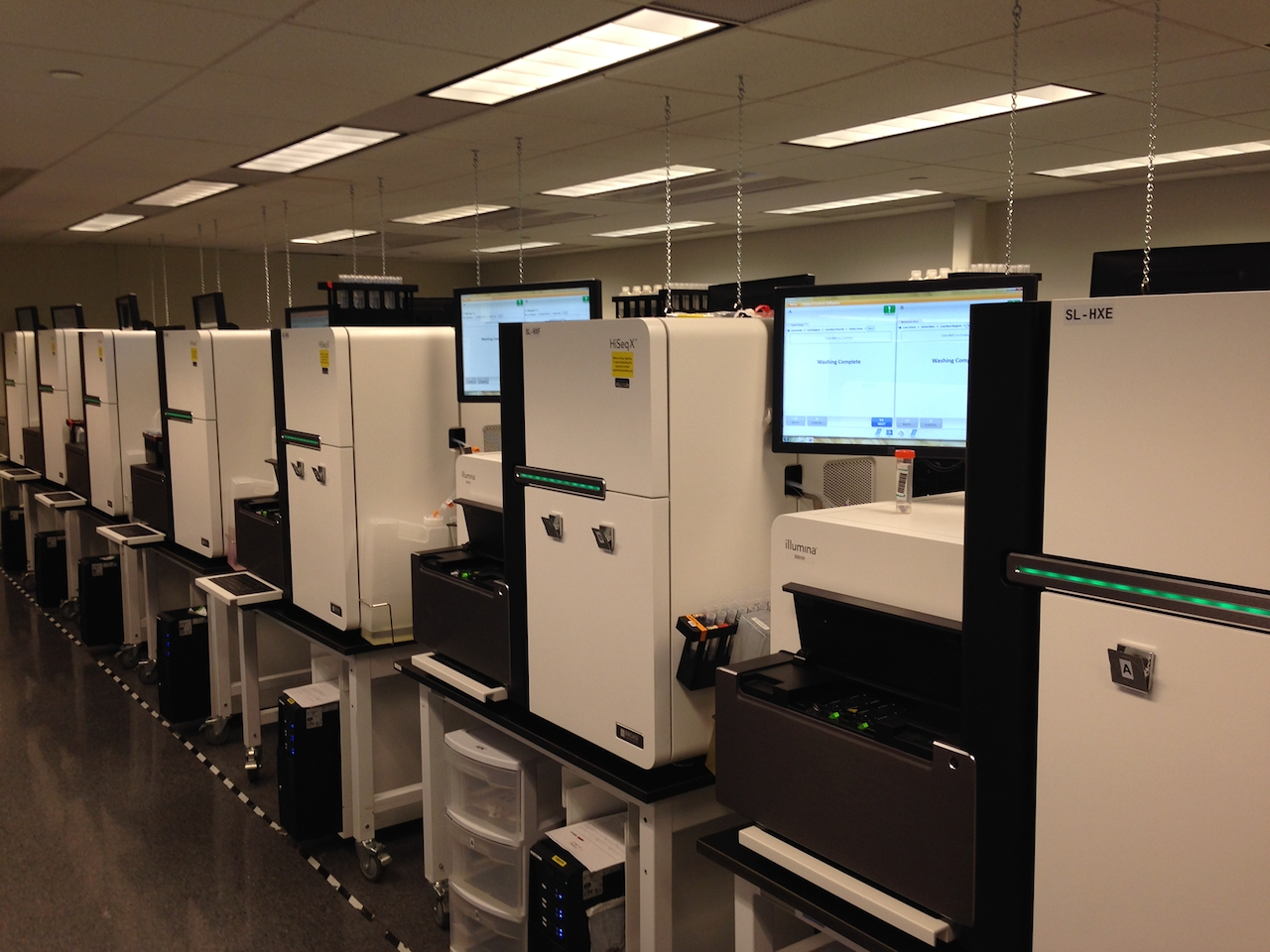“The Art of Computer Programming”
Donald Knuth, 1968
TAOCP is canon. We all refer to it and use its language and framing, whether or not we agree with any particular part. I got my three-volume box set from Addison-Wesley, many years ago, in exchange for reviewing a manuscript on something related to genomics or bioinformatics.
“The Mythical Man Month”
Fred Brooks, 1975.
A fast, indispensable read that starts with the observation that – especially in software projects – adding people to a late project just makes that project later.
“A Pattern Language”
Christopher Alexander, Murray Silverstein, and Sara Ishikawa, 1977
This is one of the very few books I’ve read whose design insights span a range from organizing single rooms all the way up to interactions between nation states. It’s a stunning and accessible masterwork about building systems for human beings.
“The Eighth Day Of Creation”
Horace Judson, 1978.
A gorgeously researched history of the experiments, institutions, and human beings who built molecular biology and started the genomic age. Essential reading for transplants to the life sciences from other disciplines.
“Soul of a New Machine“
Tracy Kidder, 1981
This is the story of the team who designed and built a computer that you’ve probably never heard of. While the technology is dated, the members of the team and their struggles to succeed will be eminently familiar to anybody in the startup ecosystem. A fine cautionary tale with some real gems of war stories.
“The One Minute Manager” and “The One Minute Manager Meets the Monkey”
Kenneth H. Blanchard and Spencer Johnson, 1982, 1985
Another super-fast book that lays out the absolute basics of managing real human beings rather than idealized, theoretical perfect employees.
“On Food and Cooking”
Harold McGee, 1984
This is the definitive, science backed, guide to how cooking works. It’s delightful, dense, and authoritative. Also, it contains no recipes whatsoever.
“Blood Meridian, or The Evening Redness in The West“
Cormac McCarthy, 1985
This is a challenging book, nightmarish at times and merely bleak at others. The writing is so spare and lean that the protagonist never even receives a name. To my mind, it’s one of the great works in the English language. Read when it’s sunny out.
“The Rickover Effect”
Theodore Rockwell, 1992
Hyman Rickover was one of the great engineers of the 20th century. Under his leadership, teams put nuclear reactors in submarines and on aircraft carriers. He trained a generation of engineering leaders, and his impact is still felt today. Also, he was a ruthless hardass of a manager and by all accounts a truly difficult man to work with. This is a great, fair, book on his life and work.
“C++ Secrets of the Masters”
Jeff Alger, 1995.
This book bent my mind and pushed me through a jump from raw beginner to journeyman programmer. It starts with overloading the division and pointer operators to prevent divide-by-zero and null pointer exceptions – and proceeds to use C++ to correct for many of the flaws and omissions in C++. If you haven’t already, there is probably no reason for you to read it, but it’s great.
“Personality: What Makes You The Way You Are”
Daniel Nettle, 2007.
This was my introduction to the five-factor model of personality. Leading it led me to refactor many of my assumptions about why the people around me act the way they do.
“Life Ascending: The Ten Great Inventions of Evolution“
Nick Lane, 2009.
Lane’s book is a tour-de-force of evolutionary biology. He works his way from the primordial bootstrapping of chemistry into the first biological replicators, all the way up to symbolic reasoning and consciousness – without even once indulging in hand-waving or “woo.”
“The Art of Fermentation”
Sandor Katz, 2012
If you want to understand how fermentation works, start with this book. Exhaustively researched and referenced, Katz lays out the history and practice of our various worldwide cultures.
